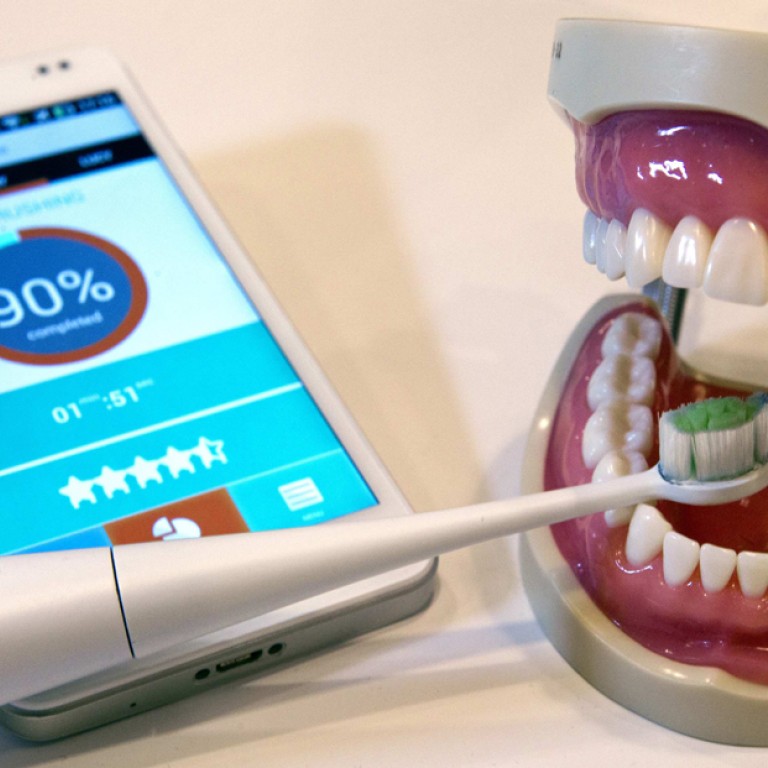
New apps will keep us up at night
Technology getting too invasive is a complaint that has been around for a while. The weird gadgets that were unveiled at the Consumer Electronics Show that just concluded in Las Vegas do little to belie this refrain. What else can you say when they put technology right into your mouth, through a toothbrush which collects and sends data about the way you brush to your smartphone?
Technology getting too invasive is a complaint that has been around for a while. The weird gadgets that were unveiled at the Consumer Electronics Show that just concluded in Las Vegas do little to belie this refrain. What else can you say when they put technology right into your mouth, through a toothbrush which collects and sends data about the way you brush to your smartphone?
Some products at the show are designed to help you analyse your sleep patterns. It may well end up with you losing sleep if that data stored in your phone or laptop gets accessed by someone else. But some tech companies argue, as we spend a third of our life sleeping, it is only fair that technology is used to help us optimise our snooze needs too. You will lose a lot more sleep if you start reading up on the new face recognition apps that are being touted by some companies. They can get a photo of you scanned against databases which are available in the public domain - meaning social media like Facebook or Twitter and dating websites - and give the searcher more information than you would want them to know. Some of the apps are already available, but are plagued by teething problems.
The app, NameTag, will work on gadgets like Google glass and someone with nimble fingers can jailbreak the gadget and install it.
This app is still in its beta form and its makers say it will save people from getting too friendly with undesirable people unknowingly, as you can scan their pictures against a database of registered sex offenders and criminals. Well, what about undesirables who get this app installed on their gadgets?
A smartphone version of the app is also in the works. If that gets going, soon you can take a photo of a stranger with your phone camera and run it against a database available on internet and social media to find out who he or she is.
Like a BBC reporter put it a few days back, the stranger on the street who took your photo with his phone will probably have your name, where you work and information about your family members by the time you reach the end of the street.
In a place like Hong Kong, where you will see someone snapping away with their smartphones at every turn, that is a scary thought.

